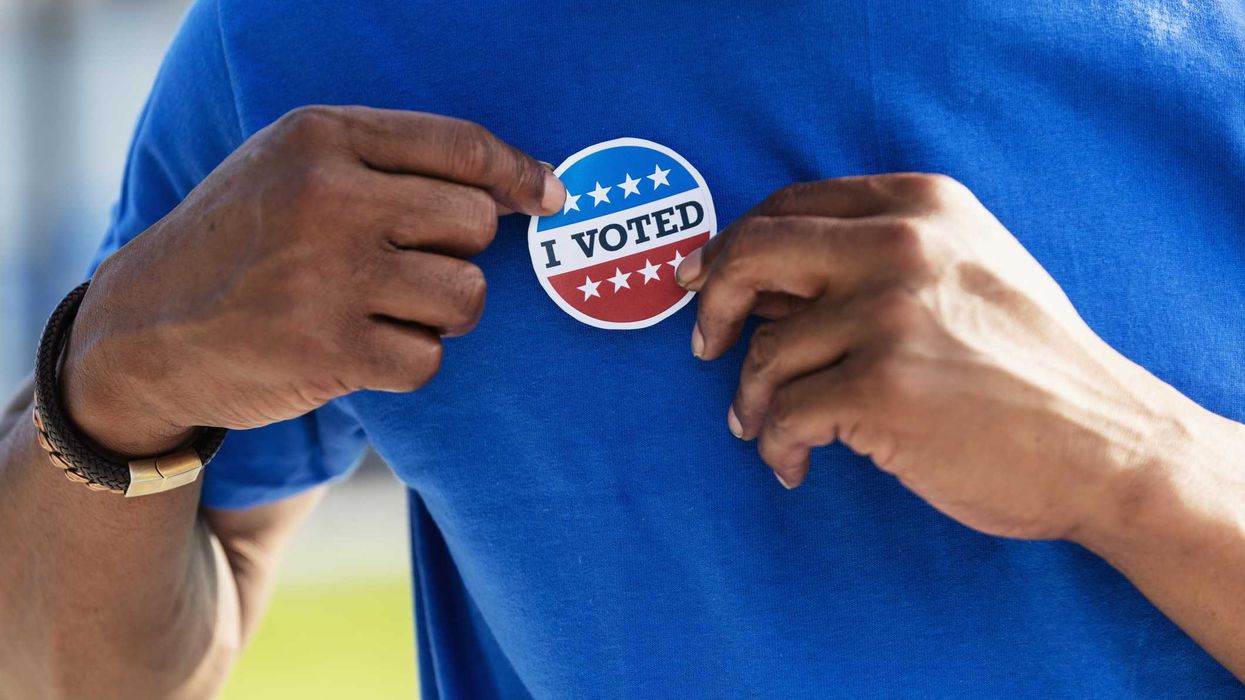Under court order, Louisiana redrew to create a second majority-Black district—one that finally gave true representation to the community where my family lives. But now, that district—and the entire Voting Rights Act (VRA)—are under attack. Meanwhile, here in Texas, Republican lawmakers rammed through a mid-decade redistricting plan that dramatically reduces Black and Latino voting power in Congress. As a Louisiana-born Texan, it’s disheartening to see that my rights to representation as a Black voter in Texas, and those of my family back home in Louisiana, are at serious risk.
Two major redistricting cases in these neighboring states—Louisiana v. Callais and Texas’s statewide redistricting challenge, LULAC v. Abbott—are testing the strength and future of the VRA. In Louisiana, the Supreme Court is being asked to decide not just whether Louisiana must draw a majority-Black district to comply with Section 2 of the VRA, but whether considering race as one factor to address proven racial discrimination in electoral maps can itself be treated as discriminatory. It’s an argument that contradicts the purpose of the VRA: to ensure all people, regardless of race, have an equal opportunity to elect candidates amid ongoing discrimination and suppression of Black and Latino voters—to protect Black and Brown voters from dilution.
If the Supreme Court adopts Louisiana’s and the Trump administration’s extreme view that any protections for minority voters are unconstitutional, the consequences would be devastating. If the Court sides with those seeking to dismantle Section 2, it would create a dangerous precedent, enabling racial discrimination and rolling back years of civil rights advocacy tied to the VRA.
Additionally, a bad ruling here could result in yet another round of redistricting, on top of the racial gerrymandering Texas just experienced. It would eviscerate Black and Latino representation in Congress and at every level of government. More specifically, this case could jeopardize the seats of nearly 30% of the Congressional Black Caucus and 11% of the Congressional Hispanic Caucus.
Earlier this year, in a separate case, a federal judge in Houston ruled that Spring Branch ISD’s system for electing school board trustees violated the Voting Rights Act of 1965 by diluting the Hispanic vote within the district. Rulings such as this emphasize the necessity of the VRA, not just in statewide cases but in ensuring fair local representation.
For both Texans and Louisianans, these decisions aren’t random arguments—they determine how power and resources are distributed among neighborhoods. Fighting for fair maps isn’t just about elections–it’s about having access to disaster recovery funding, equitable healthcare, and policies that accurately reflect our communities.
The thought of redistricting that disproportionately impacts people who look like me is both infuriating and scary, to say the least. Often at tabling events and connecting with community members, I hear, “My voice doesn’t matter, why should I vote?" But, if that were truly the case, there wouldn’t be so many tactics used to control who gets to vote and where that vote can be cast. It’s time we start prioritizing not being silenced.
To get involved in these redistricting efforts, you can: speak out against unfair redistricting and in favor of legislation revitalizing the Voting Rights Act through legislation like the John Lewis Voting Rights Advancement Act or a state-level statute like the Barbara Jordan Voting Rights Act, and spread the word regarding the Louisiana v. Callais case, a decision which is expected by July 2026.
La’Dereka Christian is the Voting Rights Outreach Coordinator at the Texas Civil Rights Project. She is a licensed political Social Worker who is passionate about advocating for historically marginalized communities through voting rights. The Texas Civil Rights Project is a non-partisan nonprofit organization that advocates for the civil rights of all Texans through voting rights, immigrants’ rights, and criminal justice reform throughout the state.





















